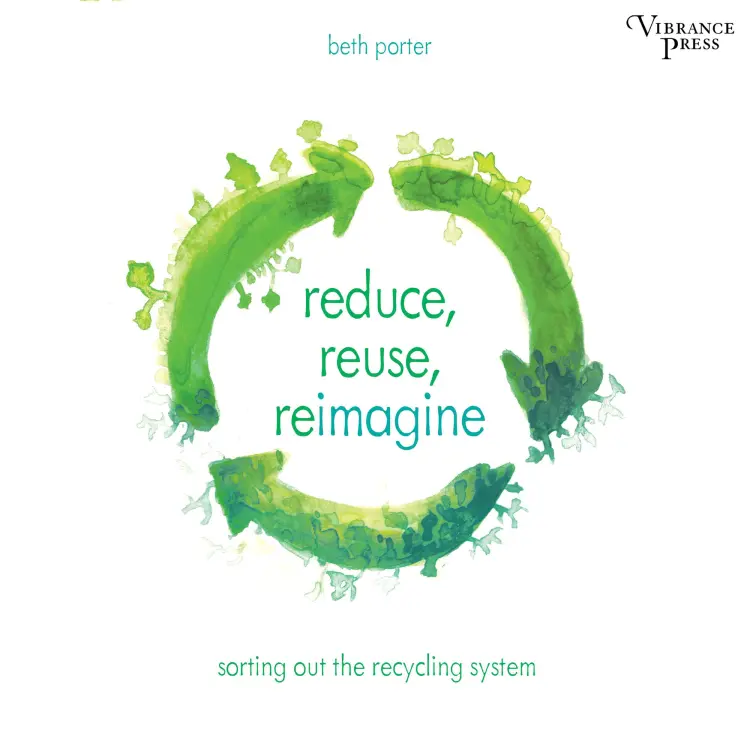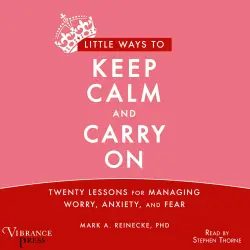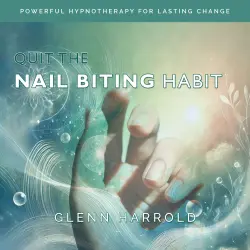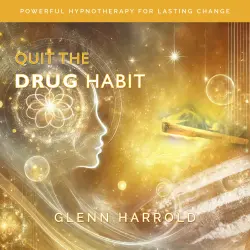
Reduce, Reuse, Reimagine - Sorting Out the Recycling System
Beth Porter
Unabridged
6 horas 58 minutos

*
Apple Books

*
BookBeat

Deezer

*
Google Play Books

*
Nextory

*
Spotify

*
Spotify Audiobooks

*
Storytel
Nota: La reproducción de los audiolibros o de las obras de audio en las respectivas plataformas, por ejemplo Spotify, puede generar gastos. Lismio no tiene ninguna influencia sobre qué audiolibros y obras de audio están disponibles en el servicio.
Algunos artículos contienen enlaces de afiliados (marcados con un asterisco *). Si hace clic en estos enlaces y compra productos, recibiremos una pequeña comisión sin coste adicional para usted. Su apoyo ayuda a mantener este sitio en funcionamiento y a seguir creando contenidos útiles. Gracias por su apoyo.
De la editorial
Ecosystems require balance to survive, and when that balance is compromised, as in the extinction of a resource or a species, disaster can fall onto the system as a whole. This vital management of resources can be seen in economic systems, as well. A healthy ecosystem is like a healthy economy, with competing mechanics inadvertently working in concert to sustain itself. In both of these worlds, we observe that when a healthy distribution of resources is achieved, systems can not only function, but flourish.
The United States' recycling system has the potential to create over one million new jobs and remove a massive amount of greenhouse gases from the atmosphere. A functional recycling system can also save money by providing manufacturers with high quality materials to generate new items. However, this potential has yet to be embraced. Unlike the layers of systems seen in a thriving and healthy forest, our recycling system is bottlenecked, clustered, and contaminated. How can the United States - one of the leading nations on innovation and technology - lag behind in the most obvious of resource recovery systems? Where in the history of recycling did we veer so far off course as to continue hovering at a dismal 34% recycling rate, while other nations have rates double that or more?
In the years following World War II there was a rise in recycling efforts but in recent years there has been a great decline. Americans want to recycle, and to know that their actions make a difference. They want confirmation that their time spent sorting recyclables from trash isn't wasted. But while we see many efforts to support recycling much of our waste still ends up in landfills.
Throughout Reduce, Reuse, Re-imagine, Beth Porter provides a great resources about recycling, explaining the complexity, guiding individual action, and contextualizing its history. This book reveals how we arrived at this state of dysfunction, and what steps we need to employ to be an active participant in strengthening our recycling system. Nature knows how to recycle itself, decomposing waste back into the soil to continue the circle of growth. We should follow its lead.
The United States' recycling system has the potential to create over one million new jobs and remove a massive amount of greenhouse gases from the atmosphere. A functional recycling system can also save money by providing manufacturers with high quality materials to generate new items. However, this potential has yet to be embraced. Unlike the layers of systems seen in a thriving and healthy forest, our recycling system is bottlenecked, clustered, and contaminated. How can the United States - one of the leading nations on innovation and technology - lag behind in the most obvious of resource recovery systems? Where in the history of recycling did we veer so far off course as to continue hovering at a dismal 34% recycling rate, while other nations have rates double that or more?
In the years following World War II there was a rise in recycling efforts but in recent years there has been a great decline. Americans want to recycle, and to know that their actions make a difference. They want confirmation that their time spent sorting recyclables from trash isn't wasted. But while we see many efforts to support recycling much of our waste still ends up in landfills.
Throughout Reduce, Reuse, Re-imagine, Beth Porter provides a great resources about recycling, explaining the complexity, guiding individual action, and contextualizing its history. This book reveals how we arrived at this state of dysfunction, and what steps we need to employ to be an active participant in strengthening our recycling system. Nature knows how to recycle itself, decomposing waste back into the soil to continue the circle of growth. We should follow its lead.












